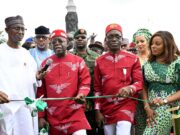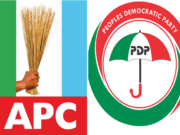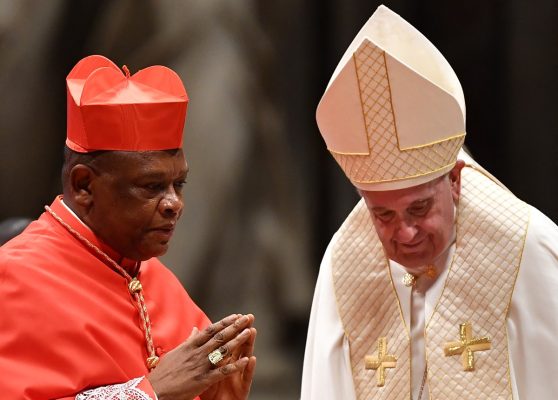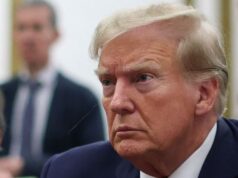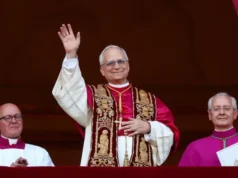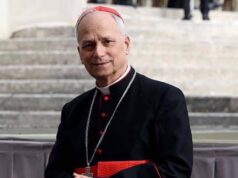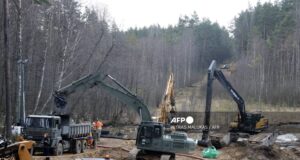As the Catholic Church prepares for a new papal conclave following the death of Pope Francis, attention has turned to Africa, where the Church’s demographic growth is sparking renewed calls for a pontiff from the continent.
Ghanaian Cardinal Peter Turkson, whose name is once again circulating in Vatican discussions, previously expressed hesitation about the possibility of becoming the Church’s first black pope.
“I wouldn’t want to be that first black pope. I think he’ll have a rough time,” Turkson said in 2010.
Yet now, many eyes are on him, and others, as potential successors to Pope Francis.
Although Turkson wouldn’t be the first African pontiff in history—Pope Victor I of North Africa led the Church from 189 to 199 AD—there is growing momentum for African leadership in the modern Church, especially as its African membership continues to rise while Europe’s influence declines.
“There has been this sense which has built up that the pope, if he is going to be a global authority, needs to come from the global church,” explained Catholic historian Miles Pattenden.
Turkson, born into a modest family of ten children, became Ghana’s first cardinal in 2003 and has held influential roles in Vatican administration.
Known for a balanced voice on social issues, he has resisted hardline positions on LGBTQ matters, recently telling the BBC: “LGBT people may not be criminalised because they’ve committed no crime.”
Such views contrast with those of other African candidates like Cardinal Robert Sarah of Guinea, a staunch conservative who has controversially likened homosexuality, abortion, and Islamic extremism to Nazi ideology.
Another leading African cardinal, Fridolin Ambongo of the Democratic Republic of Congo, opposed Pope Francis’s decision to permit blessings for same-sex couples—a move widely resisted in African dioceses.
Though Pope Francis promoted a more inclusive Church, he maintained traditional doctrines on issues like same-sex marriage and abortion, walking what scholars call a “tightrope” between reform and orthodoxy.
“The tightrope he walked between rhetorical and actual reform might provide a path for African candidates who some critics worry are too conservative,” said Cristina Traina, a professor of religious studies at Fordham University.
Notably, Pope Francis’s own papacy was a departure from European dominance.
As the Church’s first South American pope, he increased representation of the Global South within the College of Cardinals.
African cardinals now make up 12% of the conclave’s voters, up from 8% during the last papal election.
“It would be almost impossible to imagine the world accepting an African pope without this transition of Pope Francis having been from Argentina,” Traina added.
Despite this progress, concerns remain about underlying biases.
A Congolese priest, speaking anonymously, remarked, “Discrimination, even if it isn’t obvious among our European brothers, is still a reality that we often don’t talk about.”
There’s also hope that an African pope might bring new focus to pressing issues on the continent.
Francis’s call for social justice resonated deeply across Africa, where economic inequality and climate change have hit hard.
Ambongo, a close adviser to Francis, is already helping the Church navigate complex local issues like polygamy among converts.
Father Paul Maji of Abuja reflected on the continent’s long-held desire “It has always been on our lips, how we wish to have an African pope.”
However, he clarified he doesn’t view the matter sentimentally.
Similarly, Sylvain Badibanga, theology dean at the Catholic University of Congo, said, “We shouldn’t think ‘it’s our turn’. It’s God’s turn.”
Turkson, whose name once again appears on the list of papabile, reached a similar conclusion after the 2013 conclave: he would accept the papacy—“if it’s the will of God.”




